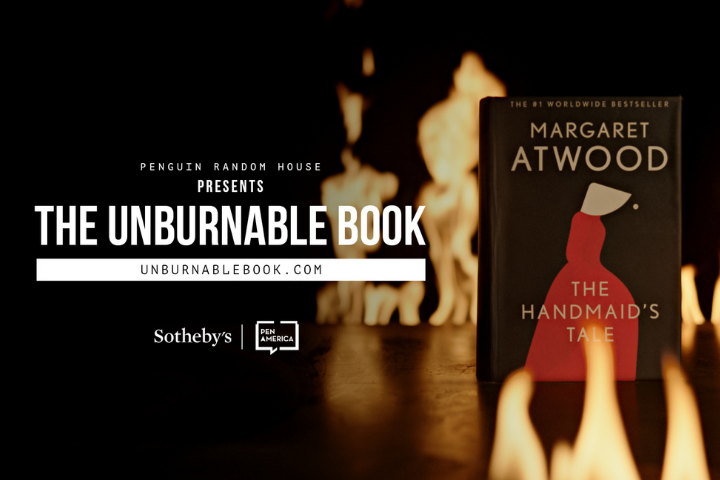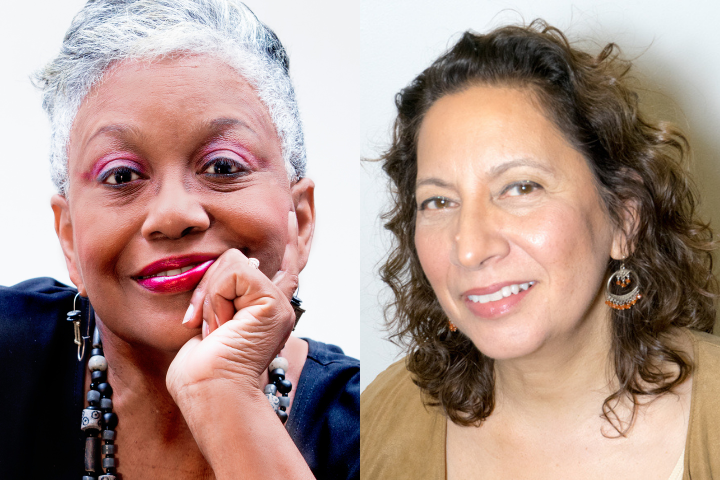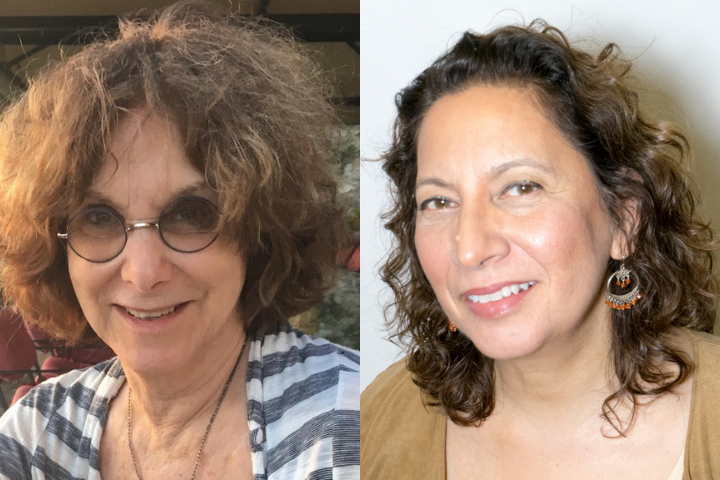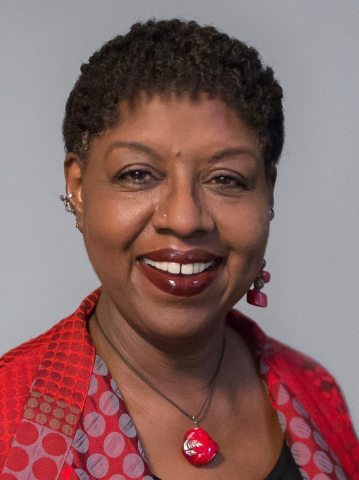“Liberation under oppression is unthinkable by design.” – Erica Meiners
Reading helped me find the language and ideas to dream of new worlds. In prison, I educated myself, and I can’t imagine not sharing that joy through books with others. For me, the thought of book bans in prisons brings about the feeling of collective psychic death.
While in prison, I resisted the killing of ideas by reading words of hope and life. Each living sentence created a colorful and fragrant flower. The words broke through the cracks of my concrete cell to suggest that life had not forsaken me. I heard words tell me that a better tomorrow would come. Through literature, flowers can grow in places where they should not.
The power of books and reading inspired my interest in the abolitionist and community organizer Mariame Kaba’s book, We Do This ‘Til We Free Us. I ordered a copy and soon received a rejection notice from the Washington State Reformatory mailroom staff that the facility/prison book review committee would consider banning the book from Washington State prisons.
The rejection notice read that the book, We Do this ‘Til We Free Us, violated “penological objectives”, which means that the book could create hostility between guards and inmates. The notice listed several pages, including page 117, which describes key resources for readers to support survivors of crimes.
As a survivor of domestic violence, this upset me. More importantly, this view seemed to pathologize and criminalize Black feminist perspectives, like the ones I read in We Do this ‘Til We Free Us. In the book, Black feminist perspectives challenge authoritarian views by centering agency, resistance, and resilience. Enforcing so-called penological objectives also meant a ban on Black feminism as a collateral consequence.
I understand language as a site of privilege to allow the speaker to say and name the world they live in. In this case, prison staff challenged literature that offered support and liberation to criminalized survivors because they believed it went “against penological objectives.” Prison administrators and guards often use their power to turn radical subjects into passive objects who cannot hope or dream. It took me seven months of persistent communication to finally get my Mariame Kaba book after an employee failed to convince the committee to ban it. By that time, after vaccine mandates for state workers, the thwarted employee no longer worked at the prison, eliminating their ability to appeal the decision to allow the book.
I refuse to passively accept a world where Black feminist literature is banned.
Some months prior, I received a rejection for a syllabus and curriculum related to an intersectional feminism course I was working on with an incarcerated comrade. The material primarily consisted of literature written by women of color. The reason for the rejection was similar to the Mariame Kaba book ban, but I appealed the rejection and won. However, I never received the material after the staff appealed that decision and the process became too complicated for me to navigate within strict timelines.
Prison mailroom rejections and censorship are nothing new. In his book Soledad Brother, Black Panther George Jackson frustratingly wrote about his inability to acquire literature of his choice. Toni Morrison said, “History has always proved that books are the first plane on which certain battles are fought.”
This isn’t about books but unity in the struggle for human liberation. It feels like this is the mass incarceration version of keeping enslaved people in the United States from reading, writing, and speaking. I am determined to resist this agenda by reclaiming language used against us. Those who resist and challenge state violence, mostly QTBIPoC, are viewed as a threat to safety and security, and our very existence is defined as against penological objectives. I am calling out oppressive racialized censorship, packaged as safety and security.
At the end of my time in prison, I requested Ruth Wilson Gilmore’s award-winning Golden Gulag. I never actually received a rejection notice, which is required. However, after actively pursuing the book, I learned that prison staff referred to the book for rejection from prisons in Washington State.
After months of relentless follow-up attempts on the matter, prison staff informed me that Golden Gulag, the facility, would not ban the text and that they forwarded it to me. I never received the book. After attempts to track the book down, I was told I could file a tort claim. This is a process that may allow one to recover lost value in the form of cash compensation. Even if I can recover the value, I still don’t have the literature. I feel like I am simply running around in an exhaustion loop.
Books can change lives. Frantz Fanon’s Wretched of the Earth is one book that changed my life. Fanon says, “We must elevate the people, expand their minds, equip them, differentiate them, and humanize them.” To do this, we must access ideas and language through literature.
I resist the dehumanization that prisons create, which is further maintained by unjust censorship.
The fact that I am here to speak these words and break this silence is an act of resistance to generate hope and solidarity. We need everyone to get actively involved in the fight against censorship. Ask an incarcerated person how you can support them. Our ability to collectively speak and dream of new worlds for a better tomorrow hangs in the balance.











